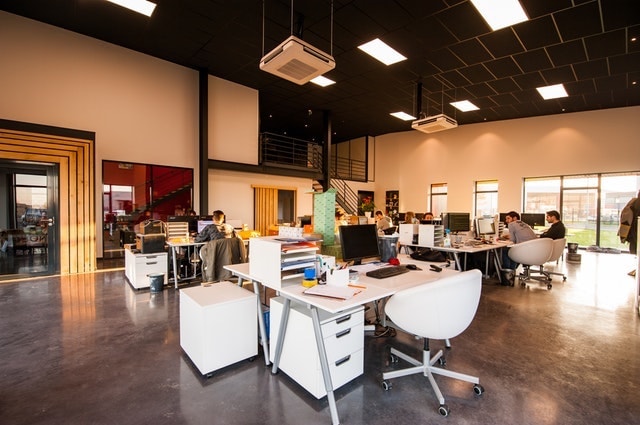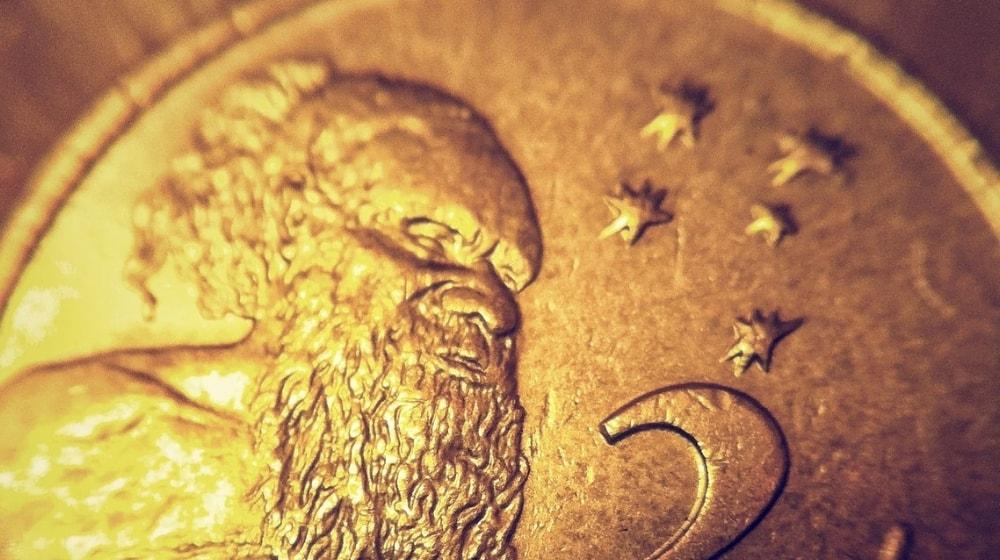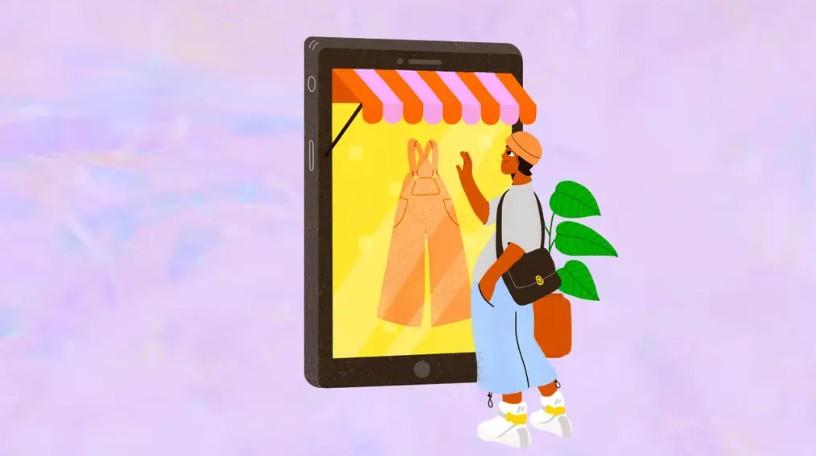UPDATE: This small business tax deductions post was originally published on 2 May 2019 and updated on 19 October 2020.
Tax time often delivers a mix of questions and doubt to every small business owner. Are you declaring all your income and expenses? Where is that shoebox of paperwork and receipts? What sort of small business tax deductions can you claim? Are there smart but legit ways you can pay less tax?
That last one is The Question we all want answered.
Small business tax deductions you could claim
There are urban legends of business owners being able to claim seemingly ridiculous expenses as tax deductible. But what are legitimate deductions for a small business?
You certainly don’t want the Australian Tax Office (ATO) to red flag you for an audit because you pushed the boundaries of your small business deductions.
This is why it’s super important to make sure you keep all your receipts and tax invoices relating to the business expenses you claim.
1. Staff and subcontractor wages
This covers the wages, salaries, commissions, superannuation and taxable fringe benefits for your employees.

If you don’t have staff, you should claim the contract labor you use like your:
- Virtual assistant
- Graphic designer
- Copywriters
- Marketing consultants
Don’t forget any tradespeople you hired throughout the year for repairs and maintenance.
It’s also important to understand whether your worker is an employee or subcontractor. This useful tool from the Australian Taxation Office should help make sure you are managing your employment obligations.
2. Marketing expenses
Be sure to claim any expense you incurred to promote your business! This includes advertising online or in magazines and newspapers as well as printing costs for your marketing collateral. It also includes expenses for subscriptions to your email marketing software, your social media scheduler and your search engine optimisation service.
Promotional products, corporate gifts, branded merchandise and uniforms or clothing with your business logo on them can also be claimed.
3. Small business office expenses
Speaking of subscriptions, what about your LinkedIn, Google account and cloud storage? Those should be in your small business deductions. Next, be sure to claim the expenses outlayed to host any virtual meetings, including:
- Software
- Speakers
- Headsets
- Video cameras
You should also claim postage and freight costs including stamps, paper, envelopes, labels, pens, your new year calendar and cleaning supplies. Coffee and kitchen food supplies for the office for your employees and clients are generally tax deductible too.
4. Business development and training
When it comes to training, claim workshops and business events you’ve attended as well as online courses and programs related to your business. If you’re a member of a specialised group that helps you run your business better, that’s a valid deduction too.
Any costs associated with training or upskilling employees should also be included. Business book subscriptions such as Audible can be claimed, as well as hard copy books and resources.
5. Business finance, insurance and legal costs
The interest and fees associated with any loans (e.g. Moula, Prospa, Paypal, traditional bank) are a business expense you can claim. Request the financier's loan statements to make sure that all interest and fees are included in your tax return.

Don’t forget to include the cost of any legal, HR, bookkeeping or accounting advice you received throughout the tax year.
6. Depreciable assets
Most business will have purchased assets that count toward their small business deductions. These are all deductible:
- Computers
- Printers
- Bookshelves
- Desks
- Other furniture purchased for business use
The rules on how much you can claim as an immediate write off to your business progressively changed throughout 2020. From 12 March 2020 until 31 December 2020, you can claim $150,000 as a deduction in your tax return for any asset installed or ready to use between these dates (this was moved up from $30,000).
There is a separate rule for motor vehicles used in business that are designed to carry less than one tonne or fewer than nine passengers (most normal-sized cars). The ‘car limit’ is a maximum immediate claim of $57,581 for these motor vehicles purchased up to 30 June 2020 increasing to $59,136 from 01 July 2020 to 30 June 2021. The amount you can claim will depend on the business use, but you won’t be able to get any more of a depreciation deduction for cars that cost more than the car limit.
You can claim a deduction over time for most other business assets over $150,000, combining costs into a small business pool and claiming a set percentage each year.
If you’re unsure about how depreciation works, read this article by the ATO then speak to your accountant or tax professional.
7. Travel expenses
Whilst COVID-19 stopped most business travel in 2020, any expenses that you did not receive a refund for can be deducted on your taxes. You can generally claim anything that got you to or from business meetings and events:
- Airfares
- Train fares
- Tolls
- Bus or taxi fares
Accommodation costs and meal expenses for overnight business travel are also considered small business tax deductions, although the fringe benefits tax may apply for some employee travel expenses.
The ATO lays out slightly different rules about what you can claim when you’re travelling for longer periods. Track your itinerary by keeping a travel diary of where you go, who you visit and for how long. You should also document your expenses during this time.
Generally speaking, if the travel-related expenditure can be shown to be directly connected with the carrying on of a business, it should be deductible.
That said, whether food and drink is a valid small business tax deduction can be tricky. Read more about what constitutes “entertainment” here, but the summary is: If you’re serving light refreshments or lunch on your business premises during work time, you can claim it as a deduction.
As with all this advice, check with a tax professional before you submit your tax return.
8. Vehicle and car expenses
If you frequently use your car to help you run your business, one of the best ways to claim the maximum deduction is the logbook method. The logbook must be recorded for 12 weeks and can last up to 5 years. There are online apps available to help you with keeping a logbook or the traditional book is still okay.
Under this method, you can claim a business use percentage of your car expenses that relate to the costs of running your vehicles including:
- Fuel
- Car registration
- Insurance
- Car washes
- Repairs and maintenance services
- Interest on the finance agreement or the lease
If you haven’t kept all these records, you may be able to claim 68 cents/kilometre per business-related trip up to 5,000km/year per car.
9. Rent and utilities expenses

Overheads such as your rent and utilities, including your office phone line, mobile phone, internet, electricity and gas, and water costs are definitely claimable.
The catch? If you have paid for something that is a mix of business and personal usage, you can only claim the percentage that was used for your business.
Remember that you have to be able to prove your expense is for your small business.
What if you run a home-based small business?
It can seem like the lines between business and personal use become blurry when you run a home-based small business. They become less blurry if you have a dedicated office space.
When you do, you can claim:
- Occupancy expenses such as mortgage interest or rent, council rates, land taxes and house insurance premiums.
- Running expenses such as gas and electricity, phone, decline in value of plant and equipment, decline in value and cost of repairs to furniture and furnishings, and cleaning.
How much can you claim? The percentage of the home floor space your office takes up. For example, if your office takes up 10% of your home’s floor space, you can write off 10% of your house expenses.
Work out your deductions with this handy ATO home office expense calculator.
Temporary shortcut for estimating home office expenses
Due to COVID-19, the ATO are accepting a temporary shortcut method for calculating home office expenses of 80 cents per hour for all additional running expenses from 1 March 2020 until 30 September 2020.
Be extremely careful and seek professional tax advice when claiming occupancy expenses for your home-based business, as there will be capital gains tax implications if you sell your home.
Clever ways to reduce your small business tax bill
Looking for even more ways to lower your tax bill? Introducing … the small business tax offset! The ATO works this out for you and this little gem can reduce your payable tax by up to $1,000 each year!
You’re eligible for a small business tax offset if you’re operating as a sole trader or have a share of small business income from a trust or partnership that turns over less than $5 million for the tax year.
The small business tax offset is worked out on how much tax you should pay and based on your business income. The rate of the offset increased from 8% to 13% of your business income on 1 July 2020 and is up to a maximum of $1,000.
The ATO has this small business tax offset calculator to give you the net small business income for the ATO.
What have we learned?
Working out your small business tax deductions starts with the question: Did you incur this expense in the running of your business?
If the answer is yes, the next question is: Is there also personal usage?
If the answer is no, you can feel good about claiming it 100% as a small business tax deduction, assuming you have kept your receipt or tax invoice.
But of course, you should also talk to your accountant or a tax professional just to make sure!
The information contained in this blog post is provided for informational purposes only, and should not be construed as an endorsement or advice from GoDaddy on any subject matter. 2020 updates were provided by Miriam Holme at FAB Tax Accountants in Adelaide.






